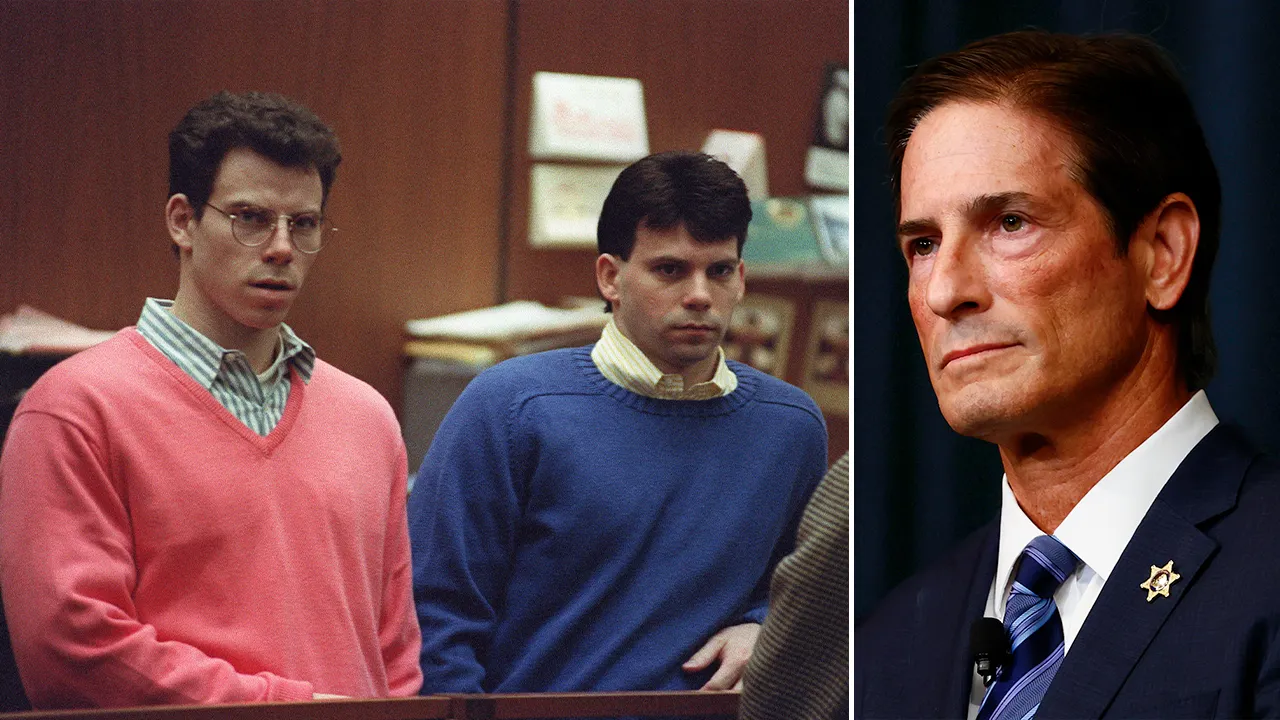Menendez brothers resentencing update highlights risk assessment hurdles

The saga of Lyle and Erik Menendez potentially seeing life outside prison walls could face a new hurdle in light of bombshell details from their Comprehensive Risk Assessment (CRA) that depicted troubling behavior from both brothers. The CRA reports, conducted by state psychologists from the state parole office, have raised concerns about the Menendez brothers’ overall risk assessment of likelihood to commit violence after their potential release.
During a court hearing on Friday, Los Angeles County District Attorney Nathan Hochman made a last-ditch effort to halt the resentencing process by presenting new evidence from the CRA reports that were not included in the original reports requested by former LA DA George Gascon. Hochman argued that the reports showed that both Lyle and Erik had recently been cited for breaking prison rules, specifically for possessing contraband cell phones.
Hochman shared details from the CRA reports, highlighting Lyle Menendez’s actions of deceit and entitlement in regards to the contraband phone. He emphasized that Lyle had downplayed his rule-breaking behavior, demonstrating a willingness to meet his own needs at the expense of following prison regulations. In Erik’s report, it was revealed that he had behavior issues and lacked maturity, making him vulnerable to negative influences, including his brother. Recent incidents of Erik being involved in drug possession and dealing, as well as aiding in tax fraud, were also mentioned.
Neama Rahmani, a former federal prosecutor, noted that the Menendez case is unique due to Governor Gavin Newsom ordering the CRA before their resentencing to a sentence that includes the possibility of parole. While the CRA findings are significant, they are not the sole determining factor in the resentencing process. Both sides will have the opportunity to cross-examine the authors of the assessment, and the court will consider other factors such as rehabilitation, acceptance of responsibility, and impact on the victims.
Judge Michael Jesic ultimately allowed the resentencing process to proceed, highlighting that the conclusions of the state psychologists in the CRA reports are subjective and not available for cross-examination in court. Defense lawyer Mark Geragos criticized Hochman for using the CRA reports in a misleading manner and emphasized that cell phone violations are not severe offenses in prison. Geragos invited Hochman to visit the Menendez brothers in prison to see their progress over the past 35 years.
As Lyle and Erik Menendez prepare for their upcoming court dates on May 13 and 14, the unresolved issues surrounding the risk assessment report will continue to play a pivotal role in their resentencing case. The brothers are seeking resentencing following the 1989 murder of their parents, Jose and Kitty Menendez, and the court proceedings will be closely watched as they navigate the path towards a potential release from prison.




